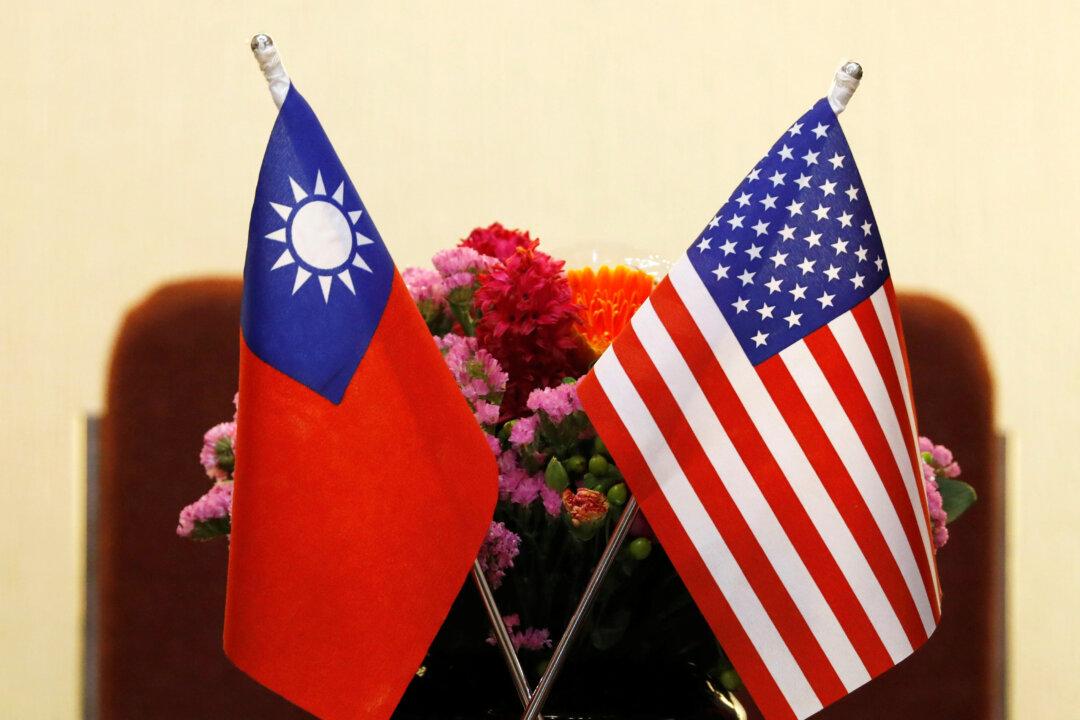The United States and Taiwan held a high-level meeting on Oct. 22 about expanding the island’s participation at the United Nations and other international organizations, days before Beijing is due to mark the 50th anniversary of its representing China at the global body.
The U.S. State Department said in an Oct. 23 statement that the Oct. 22 virtual meeting with Taiwan’s Ministry of Foreign Affairs focused on “supporting Taiwan’s ability to participate meaningfully at the U.N.”




